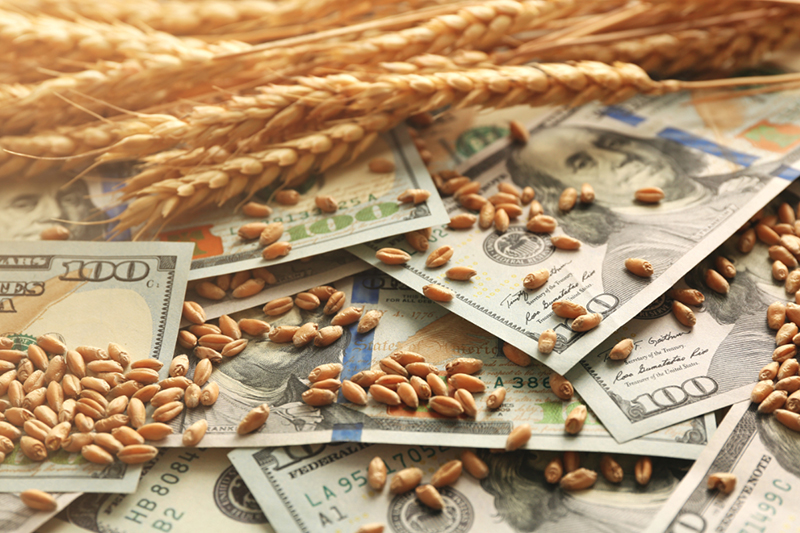Not to mention the lack of transparency in a sector that Bouchahda shook up in 2019, by closing nearly 50 mills and placing some 300 others under surveillance on suspicion of corruption.
Sébastien Abis – a researcher at the Institut de Relations Internationales et Stratégiques and president of the Club Déméter – who published Géopolitique de l’Agriculture in October 2020 (Eyrolles Publishing House), explains that the incident involving the Lithuanian wheat illustrates Algeria’s desire to secure its sources of wheat supply.
However, amidst a rise in global food prices and domestic tensions, this strategy is not without economic, political and health risks.
Sébastien Abis: Lithuania is not a historical or massive supplier to the country. It is France that occupies this position since on average over the past few years, 70 to 90% of the soft wheat bought each year by Algeria has come from France.
However, in 2020, France’s grain harvest was not good. Anticipating possible difficulties, Algeria diversified its suppliers, looking in particular towards Eastern Europe and Russia. The latter, meanwhile, was boasting about the increase in its production.
In September, Bouchahda decided to modify the specifications for wheat imports, by increasing the amount of grain impurities from 0.1% to 0.5%. With the introduction of this technical measure, which allows different qualities of wheat to enter the country, it opened the way for imports from the east.
This has strengthened Lithuania’s position and enabled Russia to position itself on this market, which was not previously possible. It is normal for the range of risks to increase when the sources of supply are increased. The quality of wheat is not the same from all origins.
Has Russia succeeded in establishing itself in the Algerian market?
Despite its resounding return to the global wheat market, Russia – which is the world’s leading exporter – has not yet made a breakthrough in Algeria, unlike Egypt where it is now dominant.
For the period from 1 June to 30 November 2020, corresponding to the latest available figures, it did not appear amongst the soft wheat suppliers. Of the 2.4m tonnes purchased, 41% came from France, which has maintained its leading position, and 23% from Lithuania, in second place. Germany, Latvia and Poland followed suit. That said, Russia has started supplying some wheat since the end of 2020.
Regarding durum wheat (300,00tn purchased between June-November 2020), the top trio is stable: Canada was the main supplier (50%), ahead of Mexico (40%) and France (10%).
The question of the governance of the sector is topical. Certain private actors plead for liberalisation, criticising the OAIC. What is the executive’s room for manoeuvre?
The equation is complex. In a context of rising world wheat prices – currently more than €200 ($242) per tonne – Algeria is torn between two imperatives: to wait out the clock in the hope of buying at the best price and ensuring its food security.
At the same time, the executive, weakened by economic difficulties and political tensions, has to deal with a sector that is in the process of restructuring in order to make it more transparent.
Private millers, who have become very rich in recent years, no longer hesitate to point out the OAIC’s weaknesses. However, privatising a sensitive sector like wheat is not that simple.
Some highlight the example of Morocco, where cereal purchases are made directly by private actors. This is true, but this is done within the framework defined by a public office which plays a key role in the organisation of the sector.
In Egypt, where the management of the sector is not immune to criticism, the system is mixed: the state via its dedicated office (General Authority for Supply Commodities) and private companies sharing purchases equally. Any possible evolution of the Algerian model will have to eliminate unpredictability, the worst threat in the wheat sector, which is directly at the heart of food security.
TheAfricaReport




